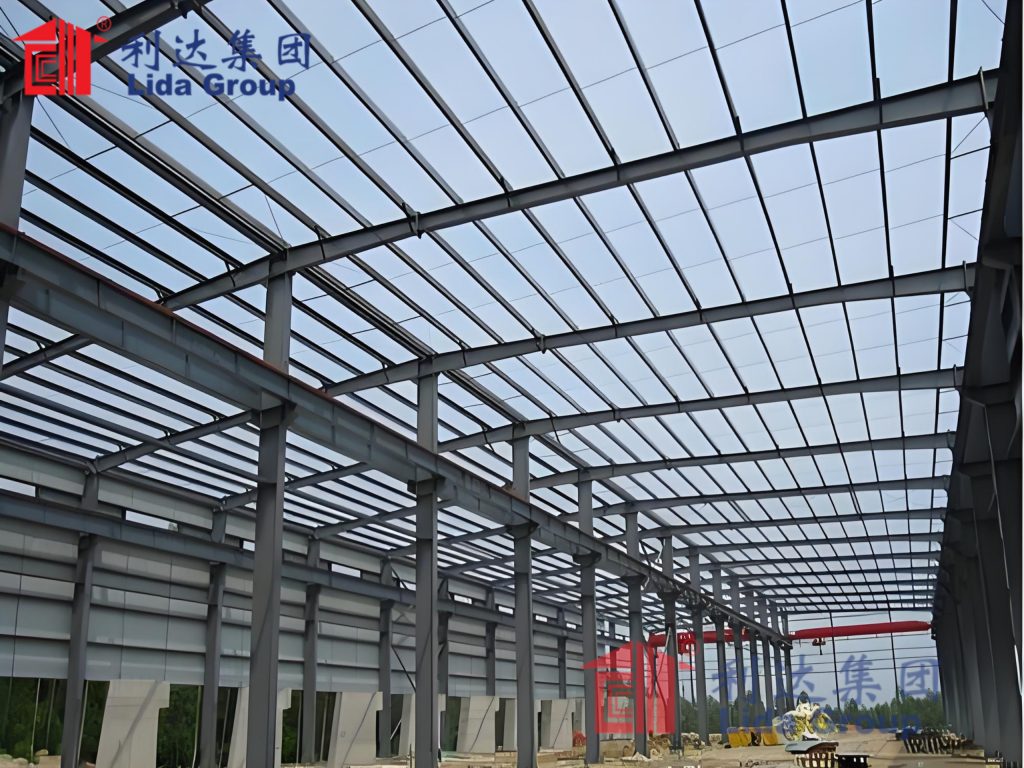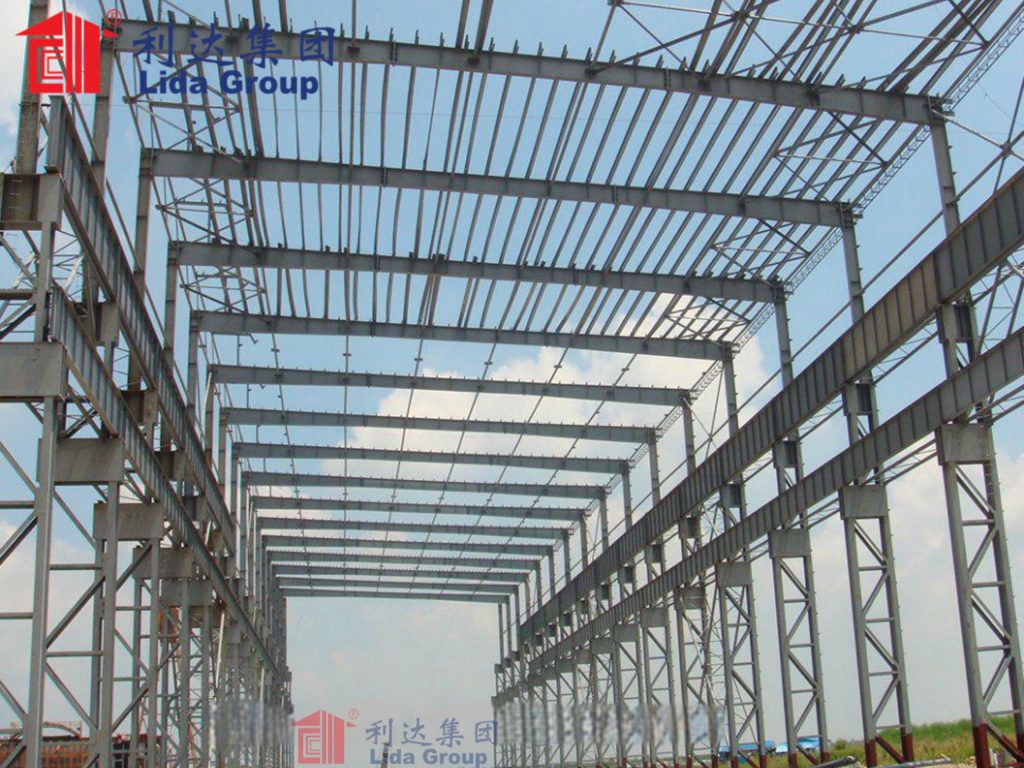Manufacturing facilities processing consumables undergo rigorous scrutiny ensuring sanitary environments. One snack producer collaborated with Lida Group constructing a structural insulated metal panel system maintaining hygiene through seams, joints and durable enclosures regulated for food contact surfaces. This innovative approach exemplifies optimizing food safety through engineered hard building surfaces.
As consumer preferences trend toward natural ingredients, production faces intensifying standards governing sanitation, worker wellness and sustainability. Temporary concessions jeopardize certifications required accessing global markets. The snack maker explored specialized partners applying evidence-based solutions meeting stringent criteria for hygienic operations into the future.
Lida Group engineers proposed a noncombustible load-bearing structural steel frame optimizing factory planning while supporting robust enclosures. Insulated composite wall and roof panels form a seamless hygienic envelope exceeding standards. No unsanitary fissures harbor microbes compromising batches. Entire interiors consist of smooth, cleanable substrates eliminating niches for contaminants compared to substrates like drywall demanding constant sealing.

Sandwich panels encompass galvanized steel skins fused to closed-cell insulation cores maintaining continuity between interior and exterior surfaces. Strategically located openings for utilities maintain enclosure integrity with firestopping. Flooring consists of concrete reinforced for point loads from production machinery and foot traffic flows. Glazing systems inset flush within panels minimize ledges collecting debris.
Prefabricated components erect buildings rapidly limiting weather exposure. Precut precision optimizes material yields curtailing waste. Structural engineers exceed seismic, wind and live loads through load ratings 50% beyond code minimums. Systems integrate sustainably though optimized spans leveraging fewer primary members. Enclosure and structural specialists collaborated verifying weather tightness through pressure testing.

Independent institutes subjected prototypes to rigorous smoke and hose stream testing replicating firefighting conditions. Testing validates Class A fire ratings and seamless sanitizable joints forming a monolithic hygienic envelope. Scrubbable galvanized and composite surfaces withstand cleaning chemicals maintaining longevity compared to porous alternatives deteriorating prematurely.
Production flows smoothly within the hygienic interiors. Zoned utilities streamline complex processes from raw ingredient receiving to packaging without compromising sanitation or thermal control. Mezzanines accommodate quality control labs for in-process sampling. Strategically placed glazing maximizes daylight while avoiding ledges retaining contaminants.
Infill development contributes to the surrounding community through new jobs and tax revenues supporting services. Purpose-built facilities set enduring standards adopting guidelines proactively through substantiated designs. Compared to retrofitting aging plants, investments amortize through protecting certifications, avoiding downtime and future-proofing capacity for expansions. Strategic hygienic upgrades bolster long-term viability in competitive markets.

As consumer expectations intensify, manufacturing demands constant protective upgrades. This project optimized hygienic design collaborating with Lida Group to construct seamless production environments meeting all criteria for pristine food contact surfaces. Innovative enclosures establish global best practices protecting public health through validated performance. Overall the development exemplifies proactive planning maintaining operations compliance through sustainably engineered solutions.
In conclusion, food manufacturing requires optimized hygienic design validated through independent scrutiny. Partnering with Lida Group, a smooth seamless structural panel envelope constructed a pristine production environment meeting all stringent criteria for food contact surfaces. Sandwich panel assemblies formed durable hygienic interiors through robust yet sustainable methods. Infill development contributed to surrounding sustainability reinforcing local industry. Overall the project establishes global standards for hygienic design through substantiated performance protecting public wellness.

Related news
-
Municipalities select durable steel structural facilities from Lida Group to house emergency response fleets and equipment protected from natural disasters.
2024-10-17 15:55:51
-
Researchers collaborate with Lida Group to develop portable modular prefab container classrooms and clinics with reversible insulated wall panels for pop-up community centers.
2024-10-15 16:22:54
-
Architects work with Lida Group to 3D print structural insulated panels for flat-pack assembly of prototype portable prefab container structures.
2024-10-16 15:00:18
contact us
- Tel: +86-532-88966982
- Whatsapp: +86-13793209022
- E-mail: sales@lidajituan.com


